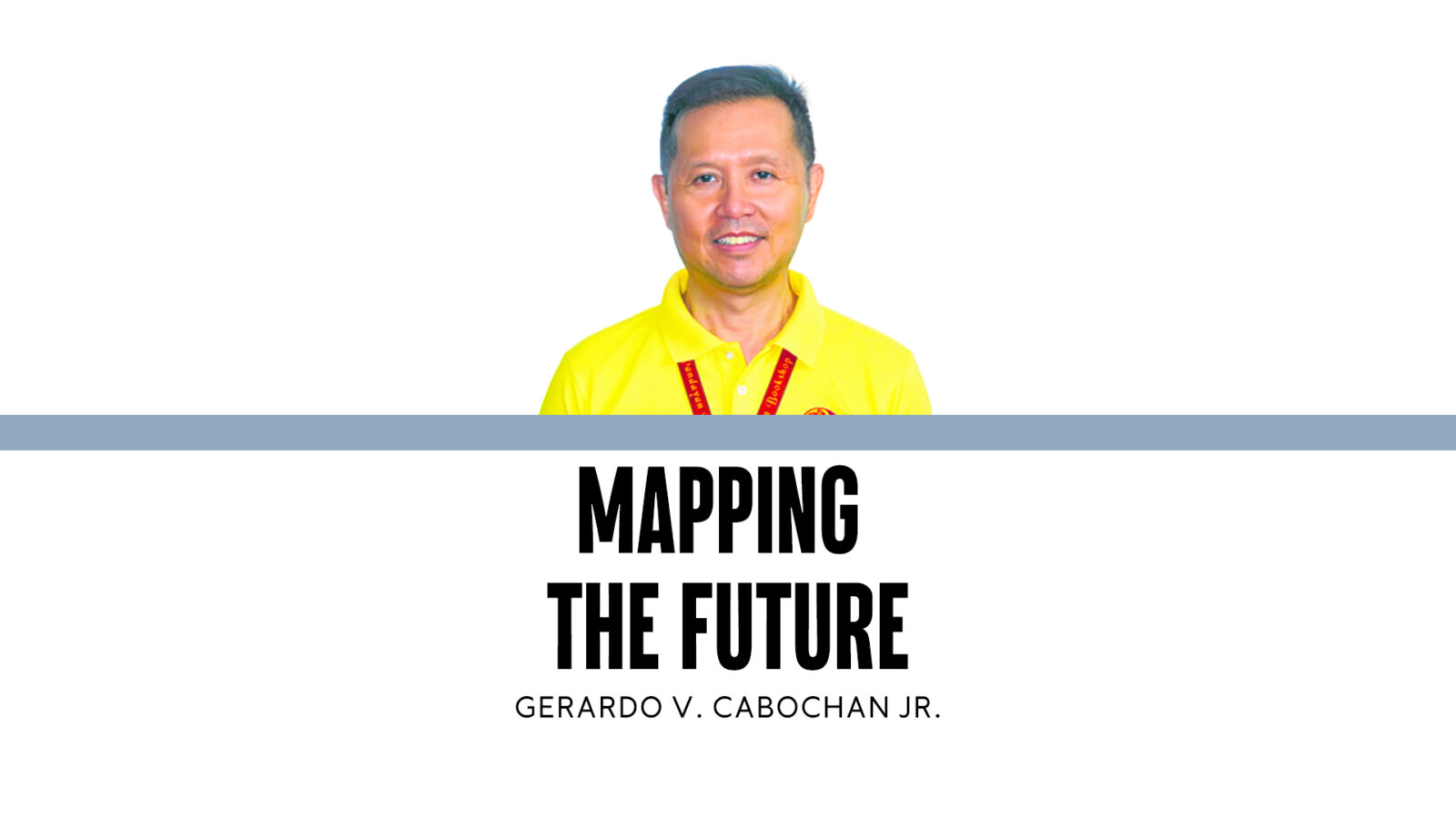Who’s afraid of Shared Prosperity?

In the days of imperialism and conquest, colonizers squashed the idea of Shared Prosperity (SP) because it could enable a restive people to launch a revolt. Likewise, royal dynasties and nobles, bent on keeping serfs under control, trampled on SP as an alien and laughable notion.
Who is responsible for SP in the modern age? Elected leaders and civil servants are tasked with using public resources for the betterment of society. Sadly, where extreme corruption has stamped sections of government as the largest mafia in the country, the political push for SP is lip service at best. Self-enrichment, not SP, reverberates in the halls of the notorious.
In unfortunate countries, elections have become a form of collective self-flagellation. The electorate chooses popular candidates who have little or no interest in SP. Entertaining personalities and dole outs, not serious platforms for poverty reduction, are enough to get voter support. No one seems to know how to break this cycle of hopeless elections that result in wealth for the few.
Conscious business
Today, SP is a much desired goal of many nations. It comes in many forms. Some talk of SP using ESG (environmental social and governance). Others refer to SDG, the 17 Sustainable Development Goals of the United Nations. The spiritually inclined uses the framework of Catholic Social Teaching. For their part, government economists highlight AmBisyon 2040, a plan designed to achieve a life for all Filipinos that is matatag, maginhawa at panatag (strong, comfortable and peaceful) by 2040.
The Management Association of the Philippines (MAP) takes the pursuit of SP to heart. Among its four major thrusts for 2025 is the twin advancement of ESG and SP. A MAP committee on SP is chaired by Ben Teehankee, a De La Salle University business professor; and guided by Rex Drilon II, MAP governor in charge of the committee. The committee’s centerpiece is the Covenant for SP, a document that calls for organizations to adhere to the principles of SP.
MAP chooses a balanced approach to SP. There is an effort to co-create wealth with all stakeholders. A three-tiered approach to the Covenant allows companies in various stages of pursuing SP to mark their journey and see how much more can be done. Across the board of ethical wealth creation and sharing of prosperity, the dignity of human beings is a constant.
For the workforce, the Covenant calls for the selection and development of employees without discrimination, just compensation, meritocracy and work-life harmony. For customers, the call is for products and services that provide satisfying value.
For suppliers, the Covenant reminds companies to treat their suppliers of goods, services and funds fairly, and also to convince, if not require, suppliers to treat their workers just as fairly. For communities, active involvement by companies is recommended, especially for the sake of the disadvantaged and marginalized in communities.
For the environment, the Covenant asks companies to deploy environment-friendly technologies in every business operation to benefit present and future generations. And for shareholders, the call is for just returns to their investment and the fair treatment of both controlling and noncontrolling shareholders.
A business advantage
Some point to development workers as the people who are most concerned with the realization of SP. Many of them are involved with nongovernment organizations (NGOs), cooperatives and microfinance. Employment, livelihoods and shelter for the poor are vital objectives of development work.
A steady income for workers, farmers and fisherfolk is a central pillar of development work. Other aspects of development work can fall apart without a steady income. For example, a family given a toehold on a house must pay amortizations for years until the house is fully paid.
Business organizations have an advantage over NGOs and cooperatives when it comes to promoting SP. Employees with regular status already have a steady source of income. It is also much easier for thriving companies to grow a compensation package to spread prosperity than for people organizations to hike their revenue and gain a taste of prosperity.
What of employees coming from recruitment agencies or outsourced services, such as construction? Bonuses, allowances, or incentives can be formulated for them so that they do not languish forever as minimum wage earners.
Ripple effect
Empowering employees, especially those who come from poor families, leverages SP in many ways. Do not think of a trickle-down effect. Think of a ripple effect where the deep desire to help one another in a poor family leads to an improved standard of living for many.
If you have interviewed hundreds and hundreds of applicants coming from poor families, you know that a primary goal of these workers is to save their parents, siblings and children from the pain of poverty. Many poor people live for others in a way that beggars the imagination of a well-off person who is insulated from the struggles of the poor.
SP is a core element of national resilience and sustainability. There is hardly any weak link in the chain when most everyone benefits from SP. This dream is within the realm of possibility.


















What institutional funds should stop doing (If they’d like to make money, not excuses)